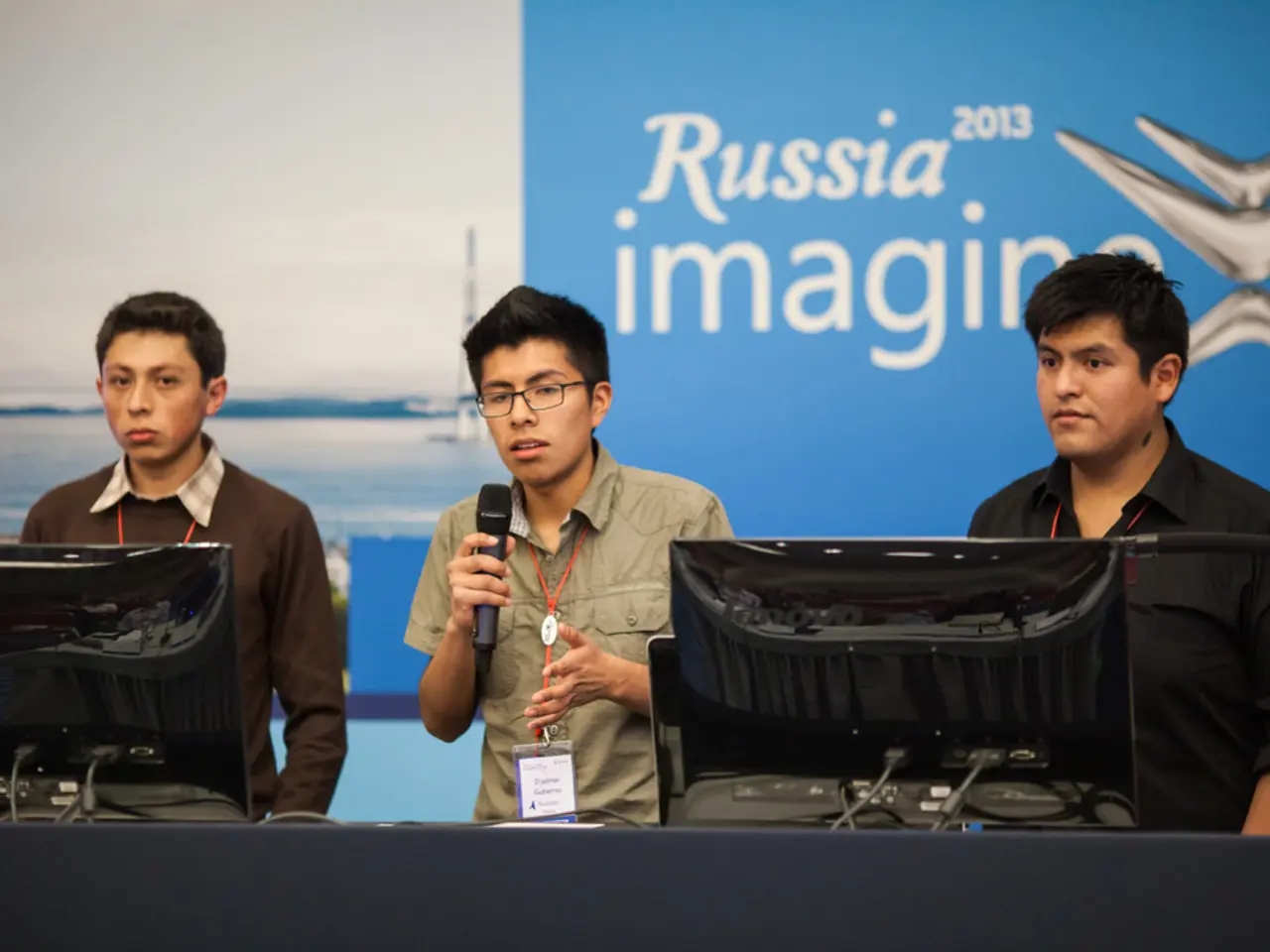Law enforcement union advocates for modifications to facilitate recruitment of personnel from American and international sources
The Royal Canadian Mounted Police (RCMP) is looking to attract experienced police officers from agencies such as the U.S. Federal Bureau of Investigation and its counterparts in the United Kingdom and Australia, as it faces challenges in recruitment. The police federation representing front-line RCMP members has proposed several ideas to improve the RCMP's recruitment practices, funding model, training programs, and procurement.
Currently, the RCMP requires applicants to be Canadian citizens or permanent residents who have lived in Canada for at least three of the last five years. However, the union representing RCMP members is advocating for the RCMP to relax these citizenship requirements, similar to the Canadian Armed Forces, which since 2022 allow permanent residents to apply without any minimum residency duration. This change is intended to open the door to experienced foreign police officers and improve recruitment of talent from the U.S., the U.K., Australia, and other countries.
One of the suggestions made by the police federation is to increase the cadet training allowance. Currently, cadets receive around $525 per week. The federation proposes raising this allowance to about $1,200 per week. The federation also notes that only serving or recently inactive police officers can apply through the RCMP's three-week experienced police officer program, which excludes a large pool of well-trained public safety personnel. The federation wants more flexibility for some new recruits, such as people from other law enforcement agencies, to make it easier for them to fit into the RCMP.
The Liberals have pledged to recruit 1,000 more RCMP personnel to tackle drug and human trafficking, foreign interference, cybercrime, and car thefts by organized crime. The RCMP's integrated pan-Canadian policing model is considered one of its greatest strengths by the police federation.
The federation has also criticised the federal procurement process as too slow and unresponsive to the urgent needs of modern policing, and draining valuable government resources. They call for dedicated funding for federal policing, stating that RCMP officers should not be used to backstop vacancies in contract jurisdictions. Federal assets should be used solely for federal mandates, according to the federation, and any services provided for non-federal purposes should be cost-recovered from contract partners.
The RCMP is facing delays in rolling out life-saving equipment such as service pistols, body armour, and body-worn cameras, which threatens both officer safety and public trust. The police federation argues against the idea of the RCMP focusing more on federal criminal matters and becoming more like the FBI. They suggest a streamlined and modernized RCMP application processing system.
However, the RCMP did not respond to a request for comment in time for publication. The RCMP's current citizenship requirements for applicants have been a topic of debate, with some arguing that relaxing these requirements could bring in valuable talent and experience from around the world. The police federation's proposals are part of a larger effort to modernise and improve the RCMP, ensuring it remains effective in meeting the challenges of modern policing.
[1] The Royal Canadian Mounted Police (RCMP) is seeking to attract experienced police officers from agencies like the U.S. Federal Bureau of Investigation and counterparts in the United Kingdom and Australia. (Source: National Police Federation)
- Amidst the ongoing recruitment challenges faced by the Royal Canadian Mounted Police (RCMP), a proposed change in citizenship requirements might open the door to talent from the U.S., the U.K., Australia, and other countries, similar to the Canadian Armed Forces, which since 2022 accepts applications from permanent residents regardless of their residency duration.
- The National Police Federation, representing front-line RCMP members, has suggested increasing the cadet training allowance, currently around $525 per week, to approximately $1,200 per week, and advocates for more flexibility in recruitment to allow people from other law enforcement agencies to seamlessly integrate into the RCMP.







